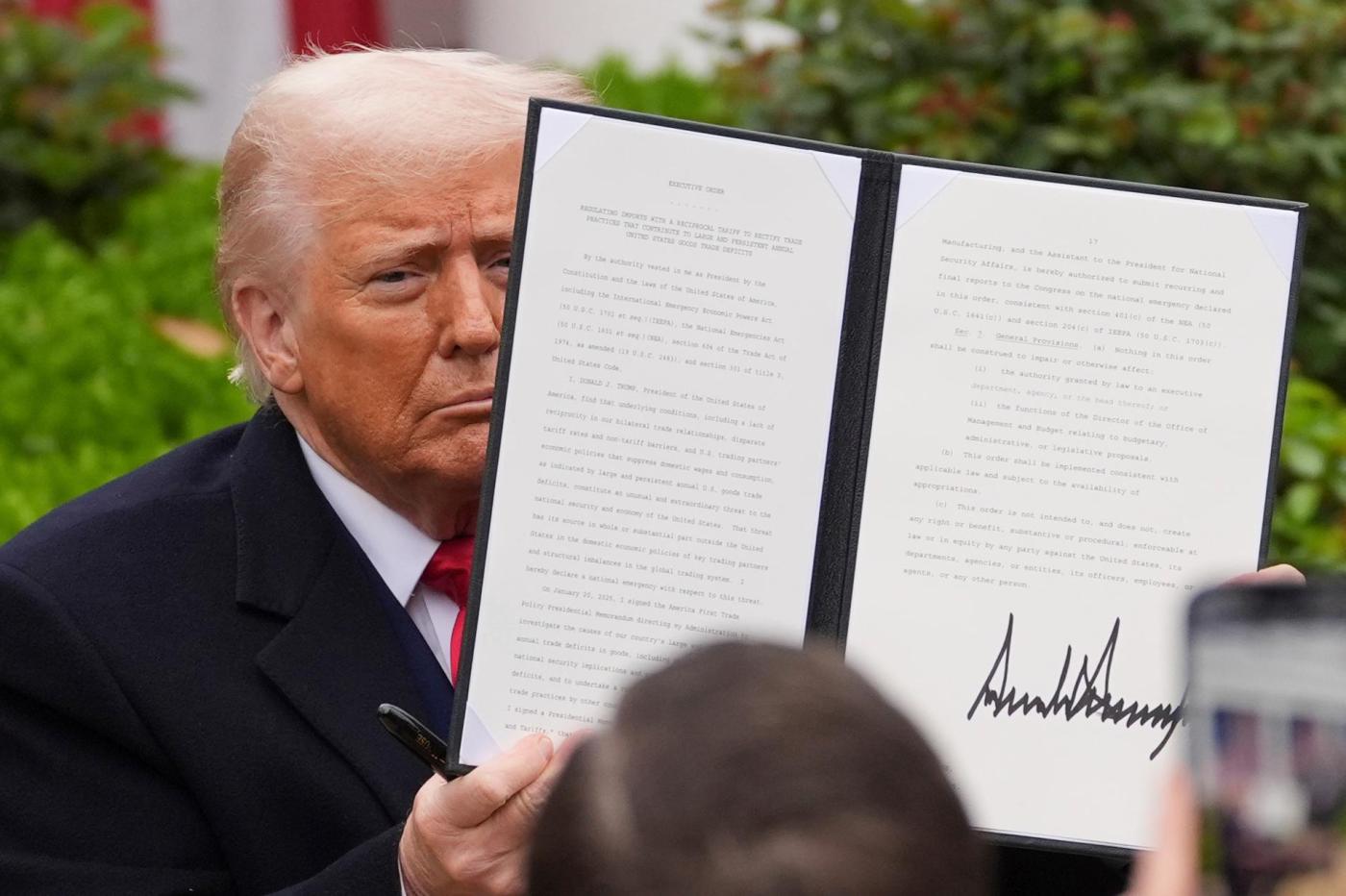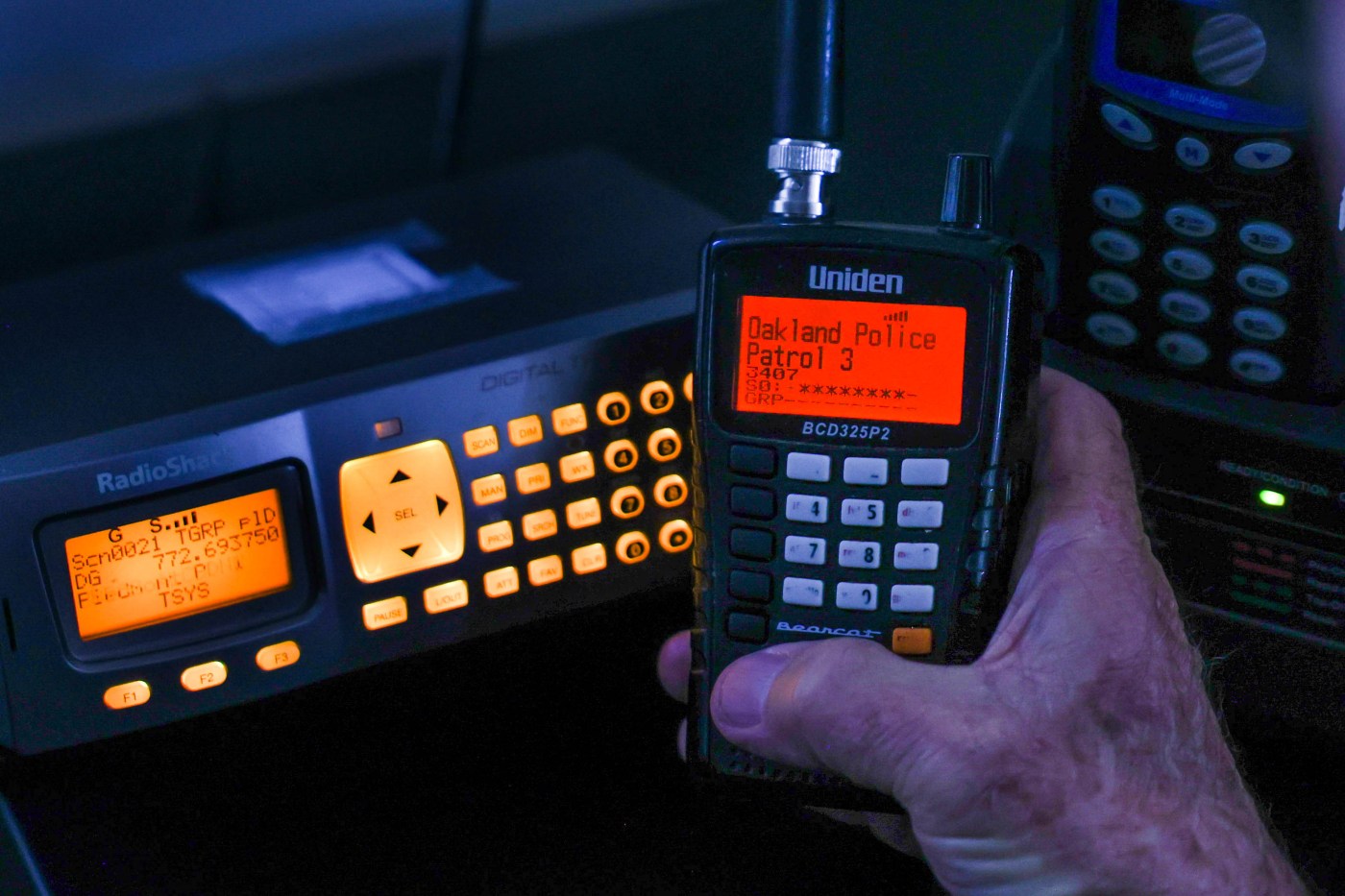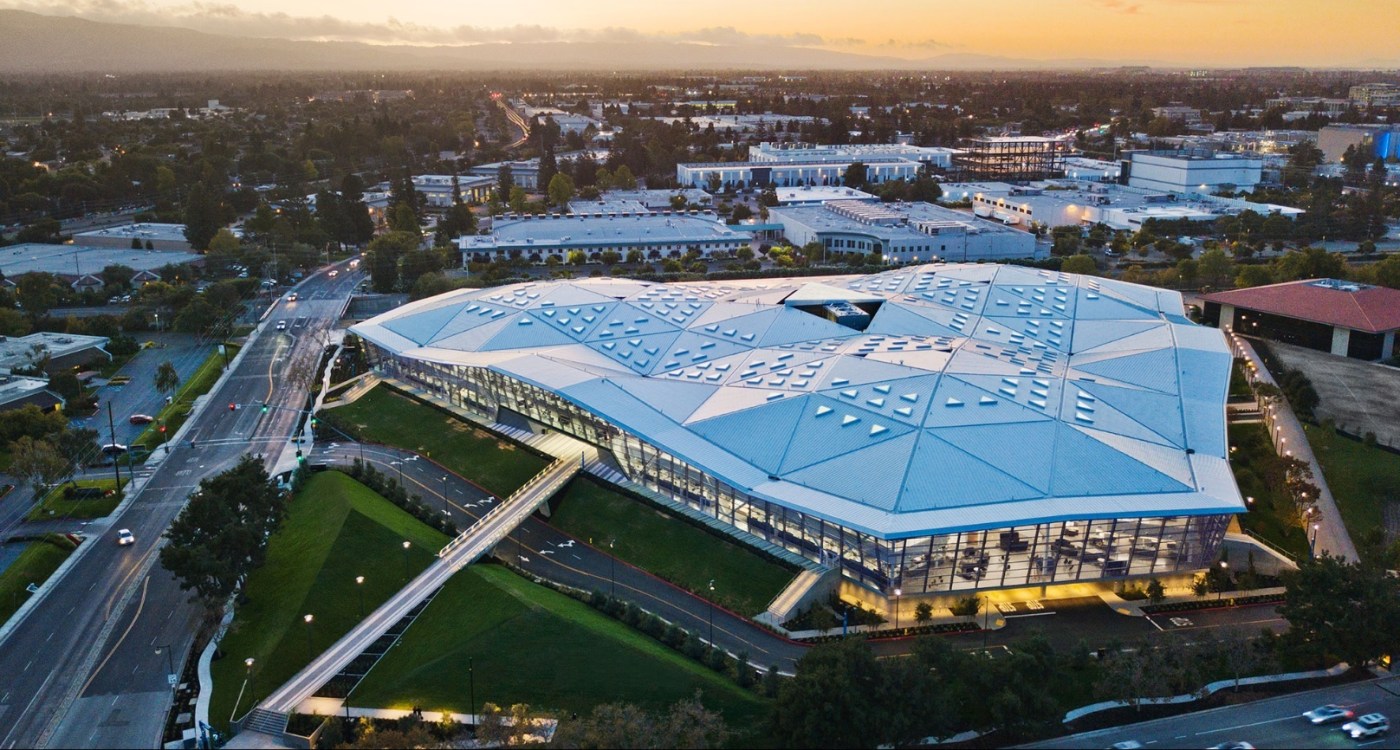Kate Sullivan and Skylar Woodhouse | Bloomberg
President Donald Trump will sign executive orders the White House says will help law enforcement implement his sweeping deportation agenda by cracking down on places that restrict cooperation with immigration enforcement.
“Later this afternoon, President Trump will sign an executive order on law and order and another executive order on sanctuary cities,” White House Press Secretary Karoline Leavitt told reporters Monday. The president will also sign an order implementing new requirements that commercial truck drivers can speak English, a White House official said.
RELATED: Kamala Harris to give remarks in San Francisco as President Trump marks 100th day in office
The push comes just ahead of the president’s 100th day in office, and at a time where the White House is eager to focus attention on his immigration agenda, which remains popular with voters even as polls show Americans souring on the president’s handling of the economy.
Related Articles
Bay Area-led lawsuit wins preliminary injunction against Trump’s attempt to freeze federal funds to “sanctuary” jurisdictions
President Trump threatens to cut federal funding to sanctuary cities
Bay Area counties, cities seek to freeze Trump’s plans to cut funding to sanctuary cities and counties
‘We cannot normalize fear’: Richmond strengthens sanctuary policy
Small Business Administration to relocate 6 offices in so-called ‘sanctuary cities’
The executive order targeting states, cities and towns that limit information sharing about undocumented immigrants with the federal government directs the attorney general and secretary of Homeland Security to publish a “list of state and local jurisdictions that obstruct the enforcement of federal immigration laws,” Leavitt said.
Trump’s fresh order appears to be an effort to overcome roadblocks to go after “sanctuary” cities after a federal judge in California blocked his initial bid. US District Judge William Orrick last week barred the administration from withholding or conditioning federal funds to those places, saying they violated Constitutional due-process protections.
In addition to Trump’s efforts to strip federal dollars, the Trump administration has brought lawsuits against Chicago and New York over policies limiting law-enforcement cooperation with federal immigration officials. And on Friday, the federal government arrested and charged a Wisconsin judge accused of helping an undocumented immigrant avoid federal immigration agents outside her courtroom.
The second executive order will “strengthen and unleash America’s law enforcement to pursue criminals and protect innocent citizens,” Leavitt said.
That includes instructing the Justice Department to “strengthen and unleash America’s law enforcement to pursue criminals and protect innocent citizens,” the New York Post reported Monday.
The order would also allow for increased military surplus sales to local law enforcement and a review of “federal consent decrees, out-of-court agreements, and post-judgment orders that hinder law enforcement, and make modifications as needed,” the paper reported.
That would effectively roll back reforms implemented by President Joe Biden in the aftermath of the killing of George Floyd, which, along with the police-involved deaths of other Black Americans, sparked national protests during Trump’s first term.
The order would also limit racial discrimination probes by the Justice Department to “direct evidence” rather than instances where “statistical disparities” indicated possible racial profiling.
The trucking executive action directs the Transportation Department to “rescind and replace guidance to strengthen inspection procedures for compliance with English proficiency requirements,” according to Breitbart News, which first reported the effort.
Federal officials will be encouraged to more stringently enforce English-language requirements, and for improving authenticity verification of commercial drivers licenses.
More stories like this are available on bloomberg.com
©2025 Bloomberg L.P.





